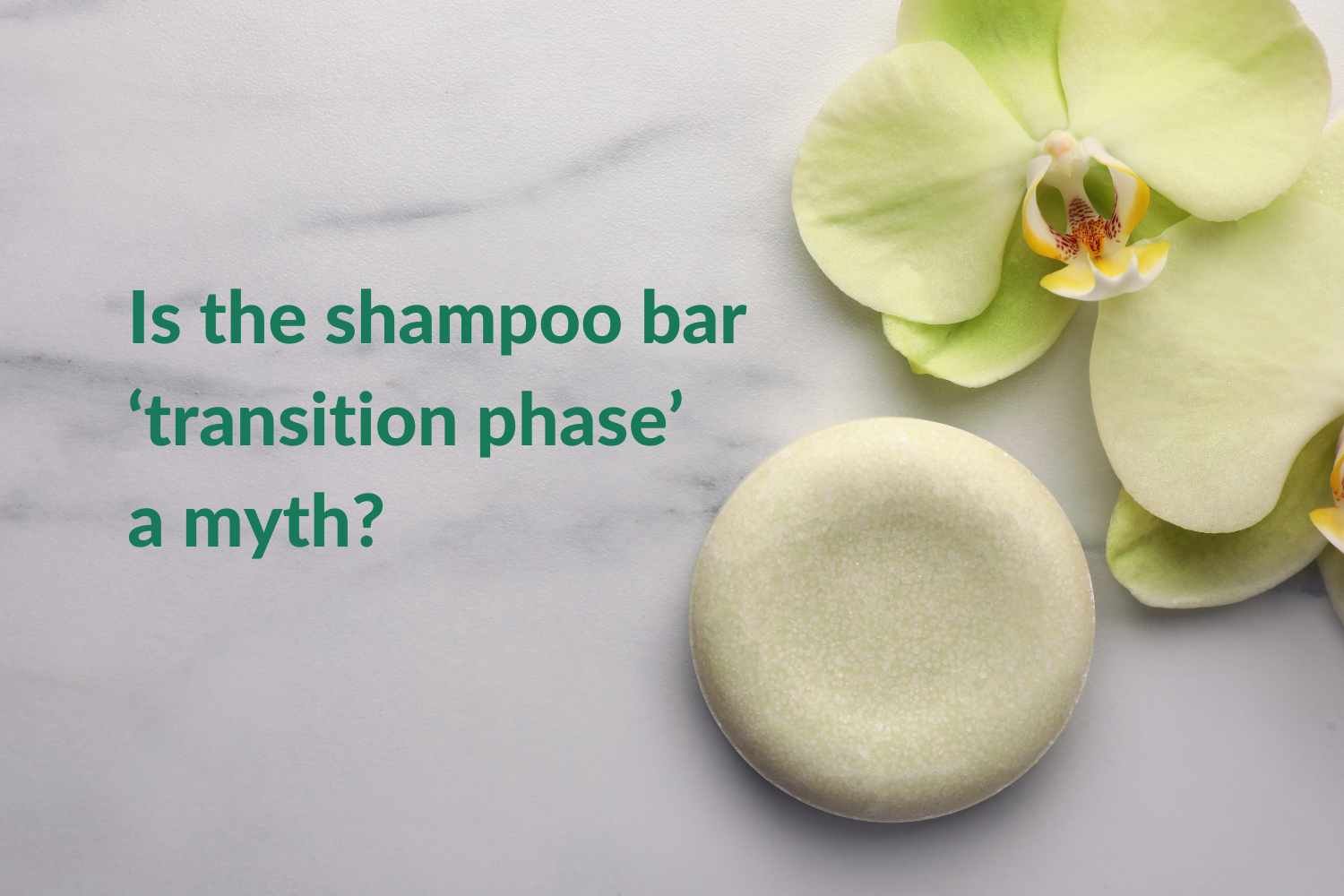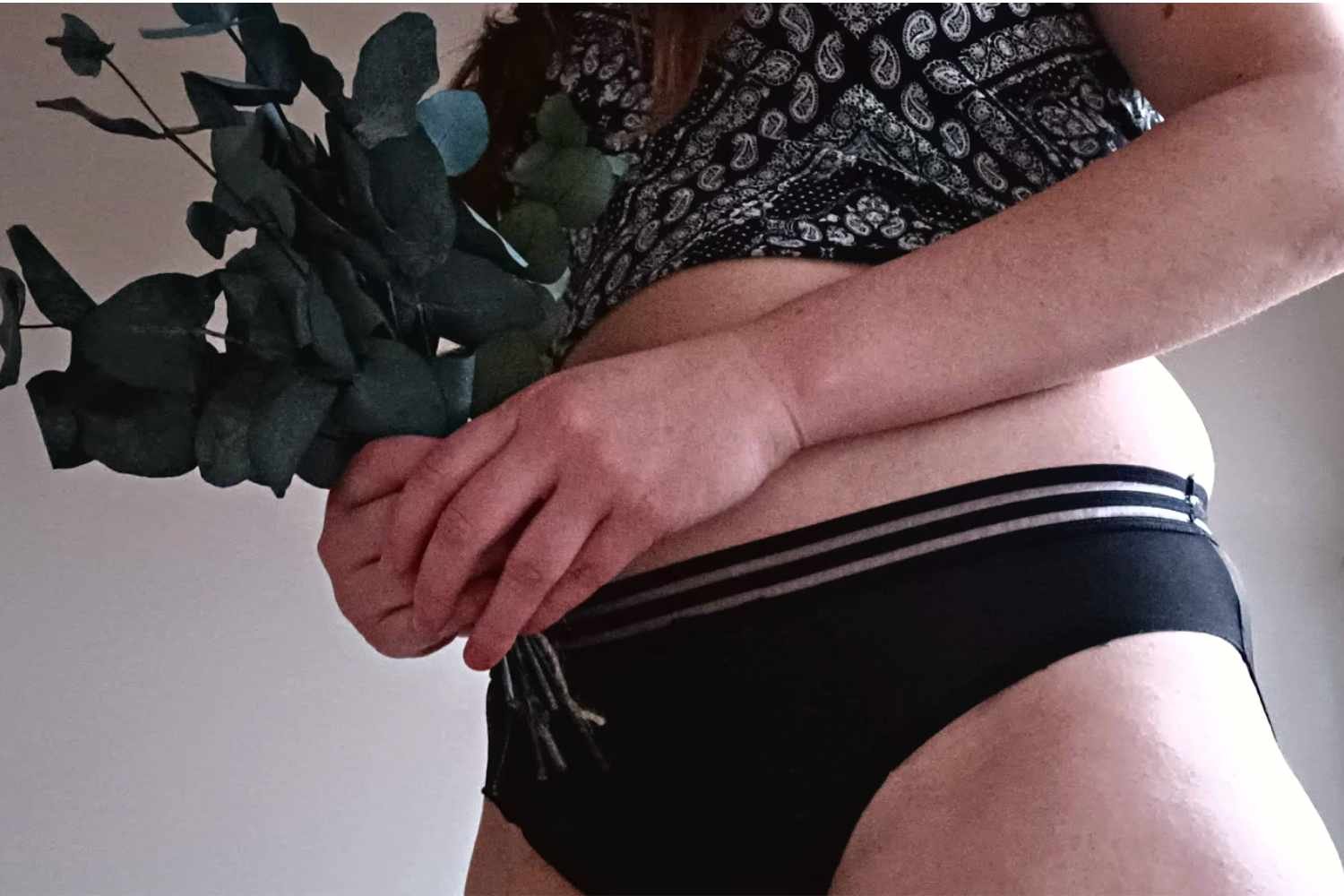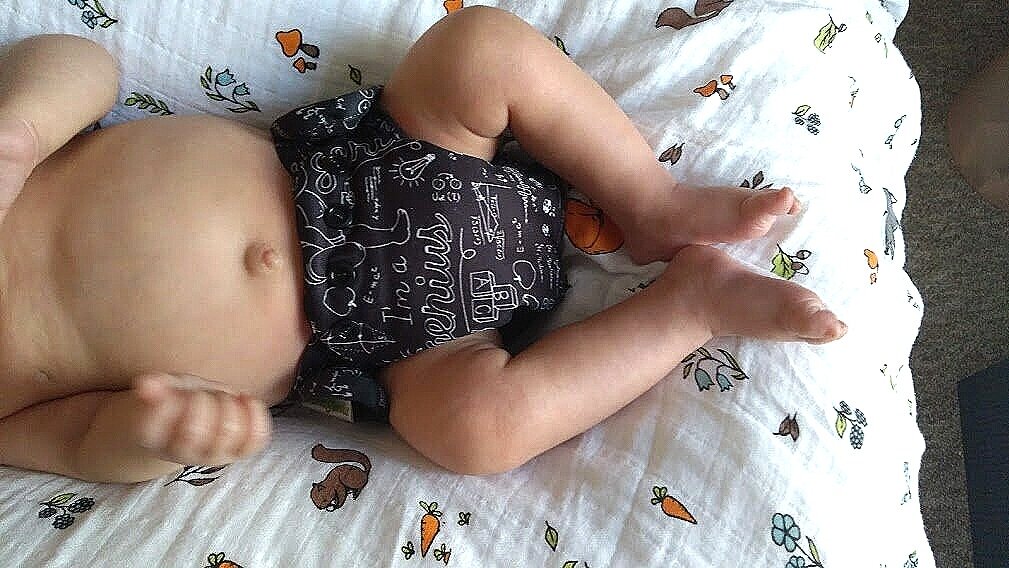75 Ways To Be More Sustainable On A Budget
This blog contains affiliate links to sustainable retailers.
So you want your home to be more sustainable but your budget is tight?
Instagram influencers can make you believe you need to buy lots of eco-friendly products to be zero waste, but that is not true at all.
While swapping your single-use products to reusable ones (once you’ve used them all up) is a great way to reduce your plastic waste, there is no need to spend lots of money.
In this post, I’ve listed 75 individual actions you can take to be more sustainable at home when you’re on a budget.
If you have a low income you will probably find you’re doing quite a few things on my list anyway.
75 ways to be more sustainable on a budget
Change to a 100% renewable energy supplier (not Pure Planet or Shell who are fossil fuels companies)
Don't buy “eco-friendly” alternatives to things you don't already use.
Replace aerosols with roll-ons.
Switch your bank to Nationwide, Monzo or Triodos so your money isn’t investing in fossil fuels.
Turn the tap off while brushing your teeth.
Put a bucket in the shower to catch water while it's warming up. Use it to water plants, hand wash clothes, or clean.
Terracycle will recycle your crisps packets, pet food pouches, toothpaste tubes and lots of other things. Use their website to find your nearest drop-off points.
Grow your own salad - this will reduce your plastic and food waste.
Make your own kitchen roll from an old sheet. Store in a basket you already have.
Walk or cycle to work (if you are able).
Repair torn clothes instead of throwing them away.
When your shower gel runs out replace it with a bar of soap.
Organise toy swaps with friends instead of buying new toys.
Instead of buying new, take books out of your local library as authors still get royalties (if you buy second hand they get nothing).
Use up what you already have at home before buying more.
Borrow clothes for special occasions.
Stop junk mail – stick a sign on your door.
Replace air fresheners with house plants.
Bring your own container when dining out (assuming life returns to normal someday) so you can take home any leftovers.
If you write a lot, cut down on plastic by using refillable pens.
Sign up for electronic bills and bank statements.
Boycott Amazon.
Use Ecosia as a search engine instead of Google because they plant trees.
Use the eco setting on appliances because they use less water.
Remember to descale your appliances every month so they don’t break (if you live in a hard water area).
Try home composting, or use the Share Waste app to find someone to give your fruit and veg scraps to.
Plastic gets all the attention, but you should avoid single-use paper items, for example, napkins, towels and bags, when possible.
Make your own reusable hankies by cutting up whatever you've got to hand, such as old pillowcases (no more tissues in the washing machine, hooray).
Reuse cooking water on your plants.
Muslins or terries with a wool wrap are an economical option for using cloth nappies.
Don't leave appliances on standby when not in use.
Swap to 100% recycled toilet paper (and kitchen roll if you can’t face reusable), the supermarkets sell it, although it is usually wrapped in plastic and a bit rough) but if your budget stretches to Ecoleaf (£2.32 for 4 rolls), their paper is soft.
Make double portions when you cook, and have home-cooked food instead of buying lunch.
Make your own oat milk (it's good in tea and coffee).
Put indoor plants outside when it rains to save water.
Eat local food by shopping at the greengrocers or market if it’s accessible.
Hang clean washing out instead of tumble drying. We found a dehumidifier really helped.
Choose wonky fruit and veg so the supermarkets stop rejecting it.
Buy loose produce, such as bananas, so they don’t get wasted if people in your area always choose bunches.
Buy tinned pet food if you can.
Switch to compostable cat litter - the wood pellets work really well.
Use rechargeable batteries.
Buy the reduced food in supermarkets to stop it from being wasted.
Check you're storing fruit and veg correctly to stop it from going off (I have some hacks for this in my food waste blog post)
Make a meal plan to prevent food waste at home.
Swap toxic chemical cleaners for homemade (or affordable eco-friendly ones).
Do meatless Mondays to reduce your meat consumption.
Say no to straws when dining out (unless you need them for health reasons)
Organise a clothes swap with friends if you get bored of clothing easily.
Or create a capsule wardrobe if you like simple.
If you often forget reusable bags then attach one (in a pouch) to your keyring
Take any bottle you can find when you go out to avoid buying more plastic bottles.
Have themed food nights at home to avoid buying takeaways in plastic.
If you enjoy reading, trade books with friends instead of buying new.
Make vegetable stock from scraps.
Buy second hand or refurbished electronics instead of new ones.
Find out if your council collects food waste.
See if your council does cloth nappy vouchers – some reimburse you £50.
Use coconut oil instead of makeup remover.
Replace single-use cotton pads with a flannel (or reusable makeup wipes)
Make plant fertiliser by soaking banana skins in a jar for a day or two.
Avoid spraying pesticides or weed killers in your garden.
Sell items in your home that you no longer want instead of throwing them away.
Wear more layers of clothing (extra socks and thick jumpers) and use your heating less.
Pick some litter up every day.
Use energy-saving light bulbs (LED will save you the most energy and money in the long run)
Organise carpools for work and school if you need to drive there.
Reduce how often you wash your clothes, if they aren't smelly or stained then wear again.
If you need a receipt, ask for it to be emailed instead of paper (they usually contain plastic and BPA)
Use your dishwasher instead of washing up by hand as it uses less water.
Save gift bags, newspaper, brown paper and fabric for wrapping future gifts.
Save paper and card from the recycling bin to use for arts, crafts and painting.
Take a reusable bag to the supermarket or grocers for your loose fruit and veg, or just put it loose in your basket.
Choose peat-free compost.
Bake your own snacks. Things like oaty bars, flapjacks, bliss balls, or energy balls are simple and cheap.
I’m sure there are many more suggestions, let me know any ideas you have in the comments below.










